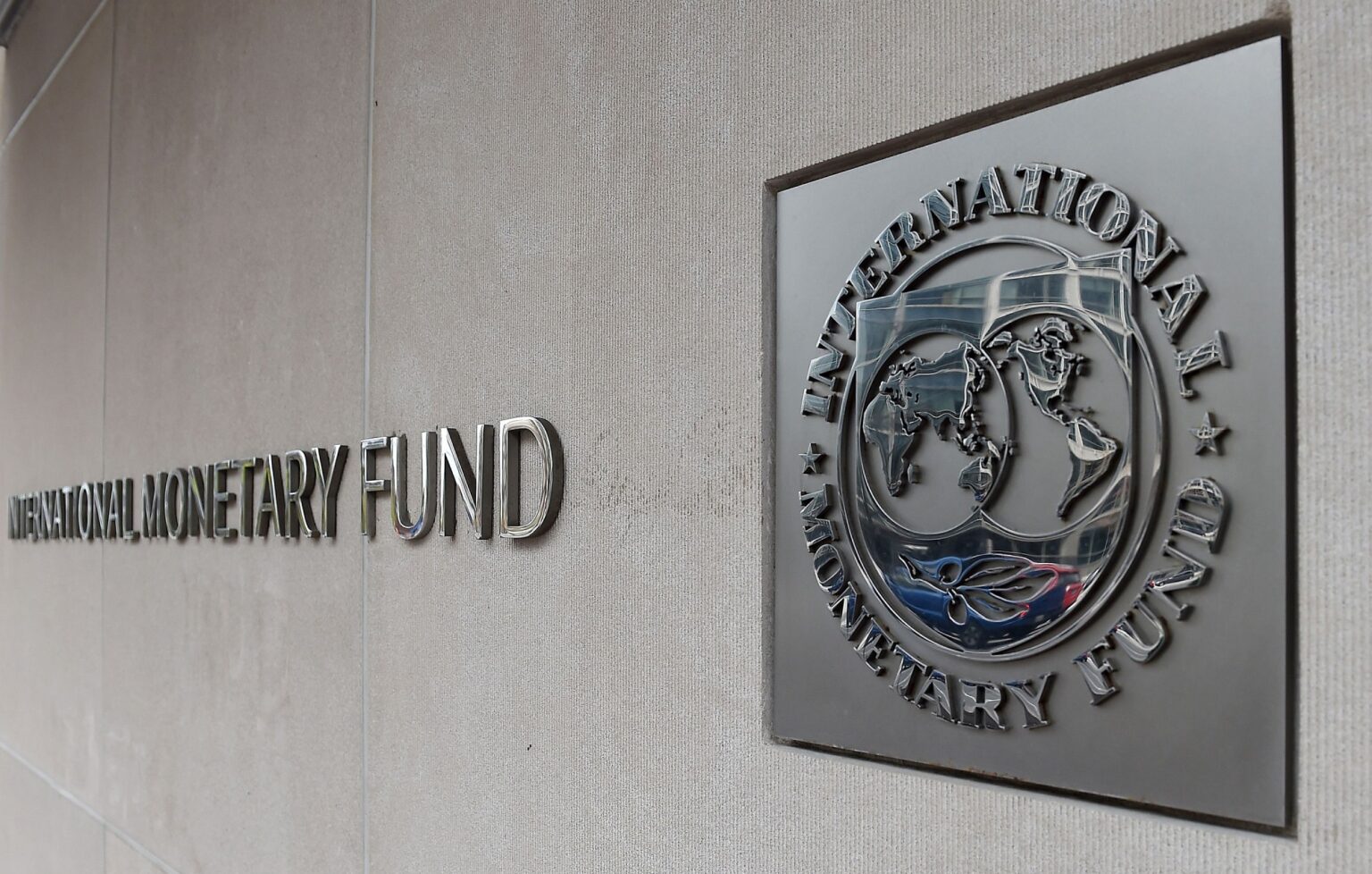Global Courant 2023-05-29 13:41:26
At the recent spring meetings of the IMF and World Bank in April 2023, there was non-stop talk of “the debt crisis in Africa” and “reforming the international financial system”, but little talk about what such changes actually mean.
The heads of state are also raising this issue. Kenyan President Ruto recently issued a fascinating discussion with Mo Ibrahim in my hometown of Nairobi, with finance occupying a large part of the conversation – from African agencies dealing with loan terms, rising global interest rates making it harder for borrowing countries to repay their loans, to the difficulty to access development finance.
But a few days later, when IMF head Kristina Georgieva visited Nairobi, the conversation – at least in public – seemed to be limited to what reforms in Kenya and other African countries can make (especially in trade) – rather than what the IMF can do for Kenya and other African countries.
This IMF “doctor-patient” binary is not new. The IMF is – at least for African countries – the only lender of last resort, prescribing conditions and policy reforms, ostensibly to support economic stability. However, even the IMF’s own evidenceand evidence collected by many other institutions has shown that these conditions and reforms often do not lead to debt reduction or growth and may even have a negative impact on development, with countries such as Tunisia is beginning to push back on these regulations. The IMF must learn from this downturn and adjust its policies to include agency for borrowing countries.
While the IMF has disbursed some emergency funds to support countries in managing and recovering from the COVID-19 pandemic, these have not been on the scale required, and many have been short-lived and relatively expensive. To put this in context, our calculations suggest that African governments spent about $130 billion over the period 2020-2021 to respond to COVID-19.
Indeed, the lack of scale is reflected in the IMF’s SDR allocation for 2021, which shows African countries about 5% of the total US$650 billion allocation, totaling US$33.8 billion. While the SDRs were established in 1969 after the introduction of the quota system, after Africa’s economies were young, COVID-19 was an opportunity where the IMF could have addressed distribution inequalities.
Georgeiva’s visit to Kenya could have been an opportunity to change this relationship – for the IMF to listen to demand-driven reforms for the international financial system. There are plenty of reforms that President Ruto and his team could have proposed, based on the Mo Ibrahim discussion and a series of clear demands from African finance ministers articulated just after the spring meetings.
But what kind of reforms are needed? Let’s look at two
Austerity measures. IMF loans come with commitments and the 1980s and 1990s in Africa are a perfect example of the Structural Adjustment Programs (SAPs) that criticized for not growing the economy.
Despite criticism of the SAPs, the IMF continues to lend to austerity LMICs, such as mine colleagues discussed in the case of Zambia. These conditions apply to all sectors of the economy, from agriculture to the energy sector. The government of Kenya has abolished fuel subsidies in Kenya 2022, leaving Kenyans vulnerable to high fuel prices. The spillover effects of high fuel prices should be seen as fuel prices crossing all sectors, including agriculture. In fact, an independent study conducted in 2021 showed the relationship between some agricultural commodities and an increase in fuel prices. The final cost of food includes transportation of fuel.
The debt sustainability analysis. The IMF defines debt analysis as a state’s ability to pay off its debt in an economically and politically viable manner. The Debt Sustainability Analysis (DSA) was created in 2002 after years of criticism of the IMF’s exceptional access program, especially after experiences with barriers experience in solving the Argentine sovereign debt crisis. The DSA is conducted by both the IMF and the World Bank, and while their intention may have been to avoid even more barriers, the DSA has caused more problems for LMICs for two reasons.
First, the DSA influences the decisions of potential investors, the decisions of regional banks, and those of the IMF and World Bank by categorizing countries into moderate, high, and indebted countries. The last two categories have African countries in the majority. African countries, through which the Risk premium Africa causing African countries to pay higher interest rates – between 10 – 20% on the loans they take out – as President Ruto said during his interview with Mo Ibrahim. Second, the DSA is one critical consideration for the debt restructuring process involving outside lenders such as the Paris Club and other private lenders.
Given these factors, the IMF and the World Bank need to increase transparency and accountability in how the DSA is conducted, to allow for a fairer examination of debt.
The lack of transparency and accountability is exacerbated by the asymmetrical governance structure between the funds’ controllers and those using the funds. The reverse is necessary for real accountability, and this is a perspective that should be included in any further discussion of SDR allocations, as well as the revision of the IMF quota due in December 2023.
The reform of the international financial system is vital for Africa and the world. But it will only happen if African leaders and governments hold these institutions accountable at every opportunity. Leaders like President Ruto should take the opportunities of leaders’ visits like Georgieva to make our foreign and economic policy demands clear to our development partners – to make sure it’s a partnership, not a doctor-patient relationship. Africa needs easy access to development finance, loans with the same interest rates as high-income countries – DSA reform is key to this. As a result, Africa will develop its infrastructure and enhance its capabilities to meet its development needs. As a Kenyan who sees the need for development every day, I want Kenya and other African countries to behave like doctors, not just patients.
Article from Ivory Cairo. Kairo is a policy analyst and communications assistant at Development Reimagined, an African-led international development consultancy. Twitter: @ivory_kairo








